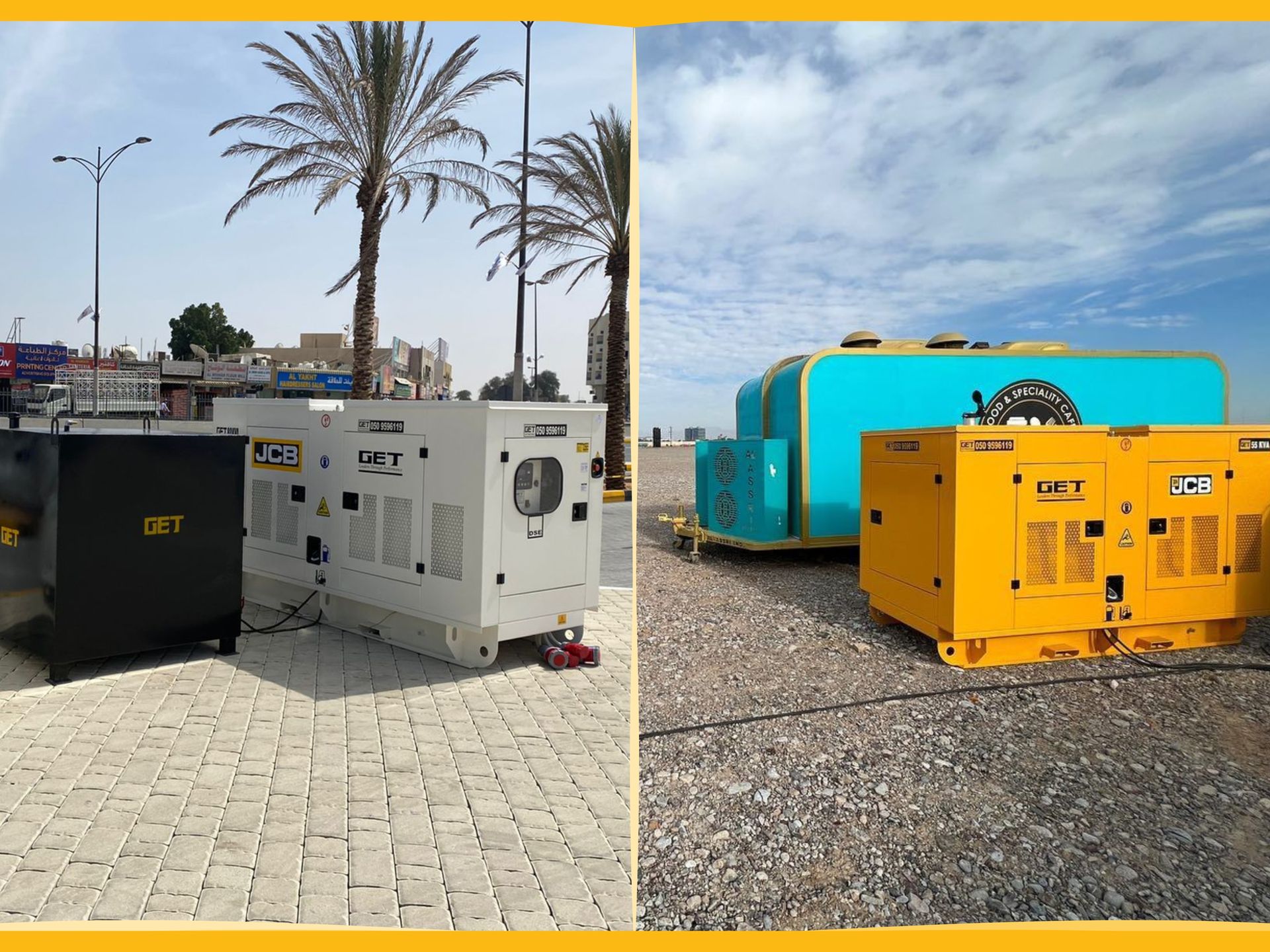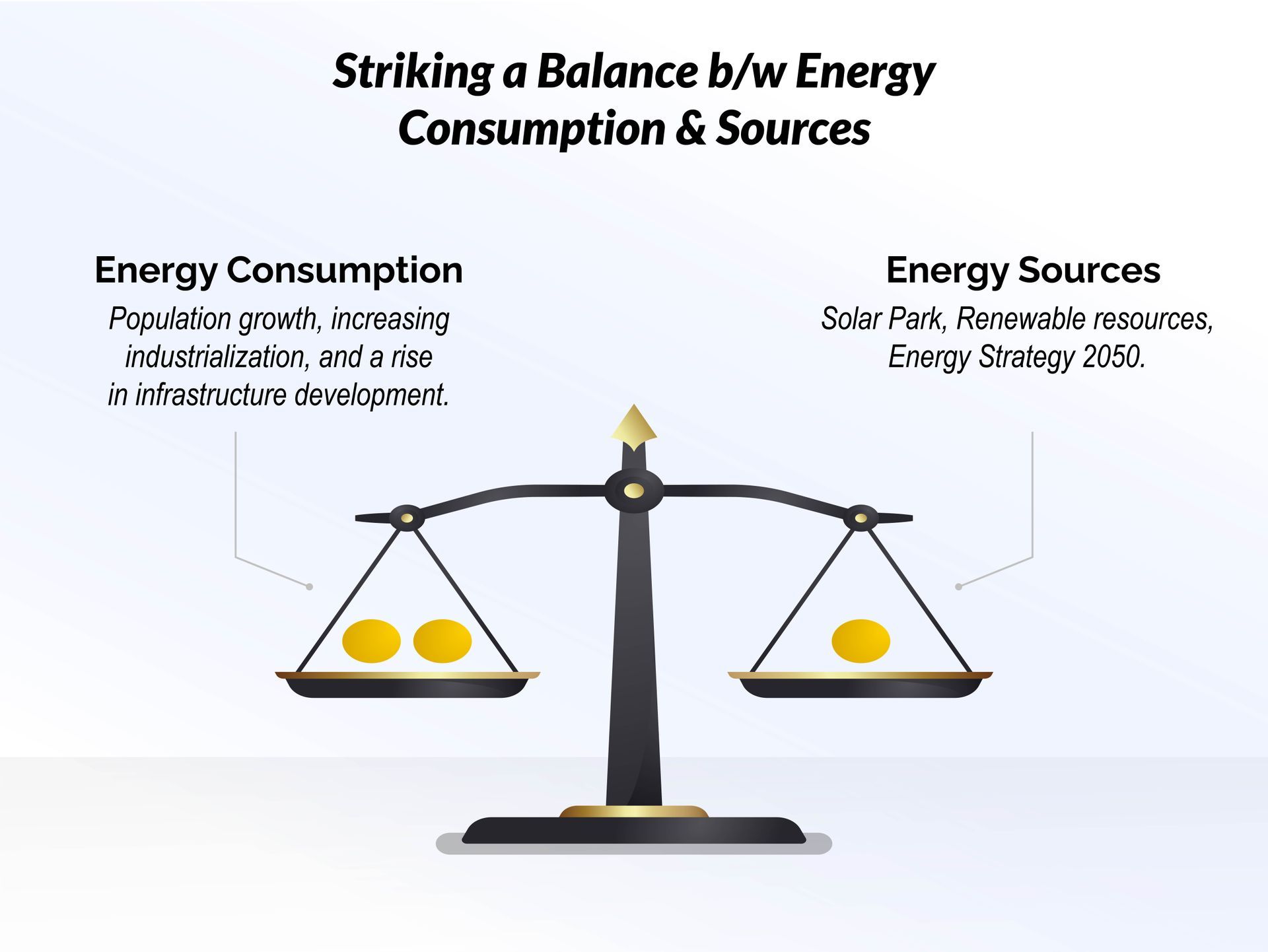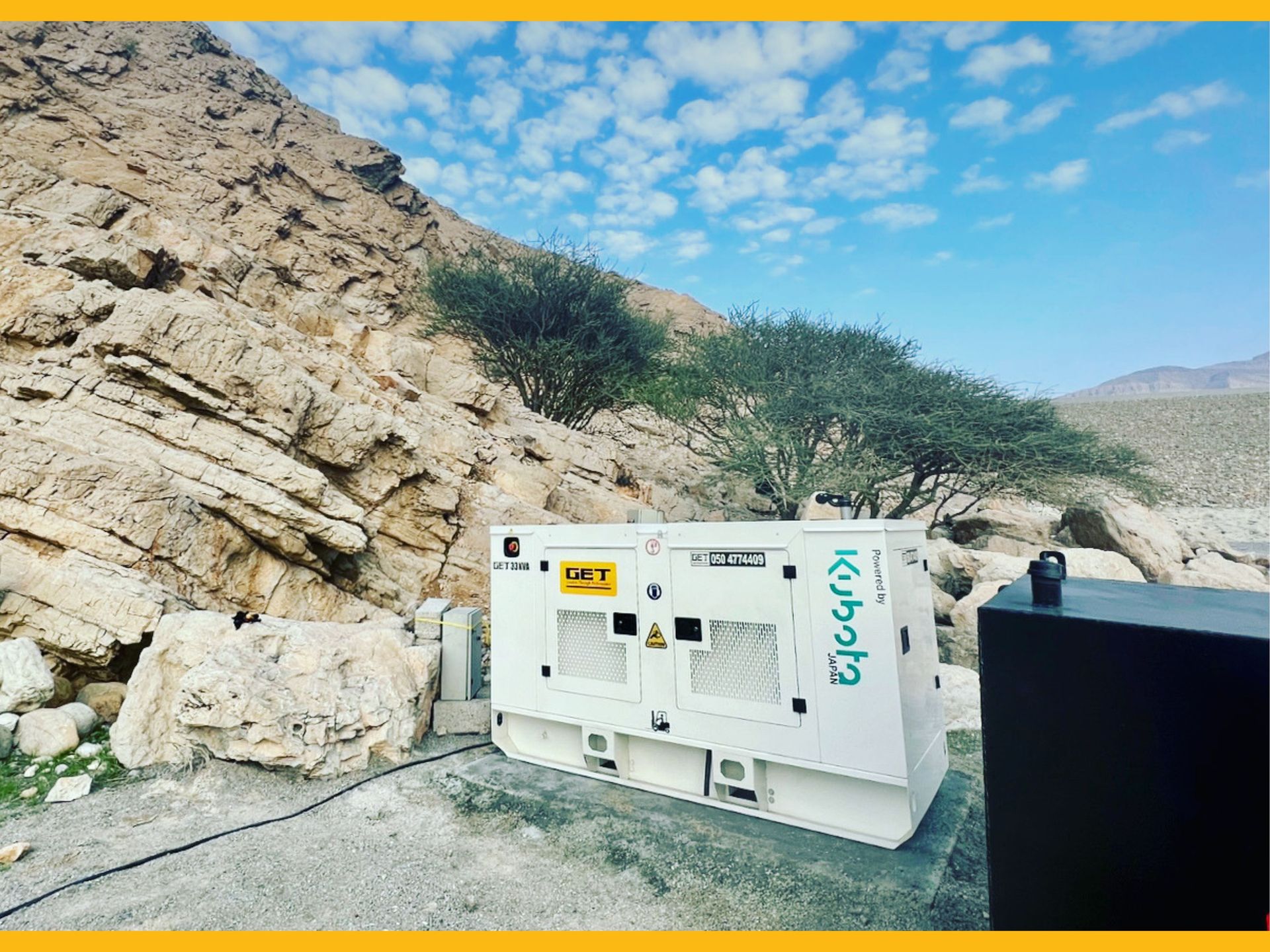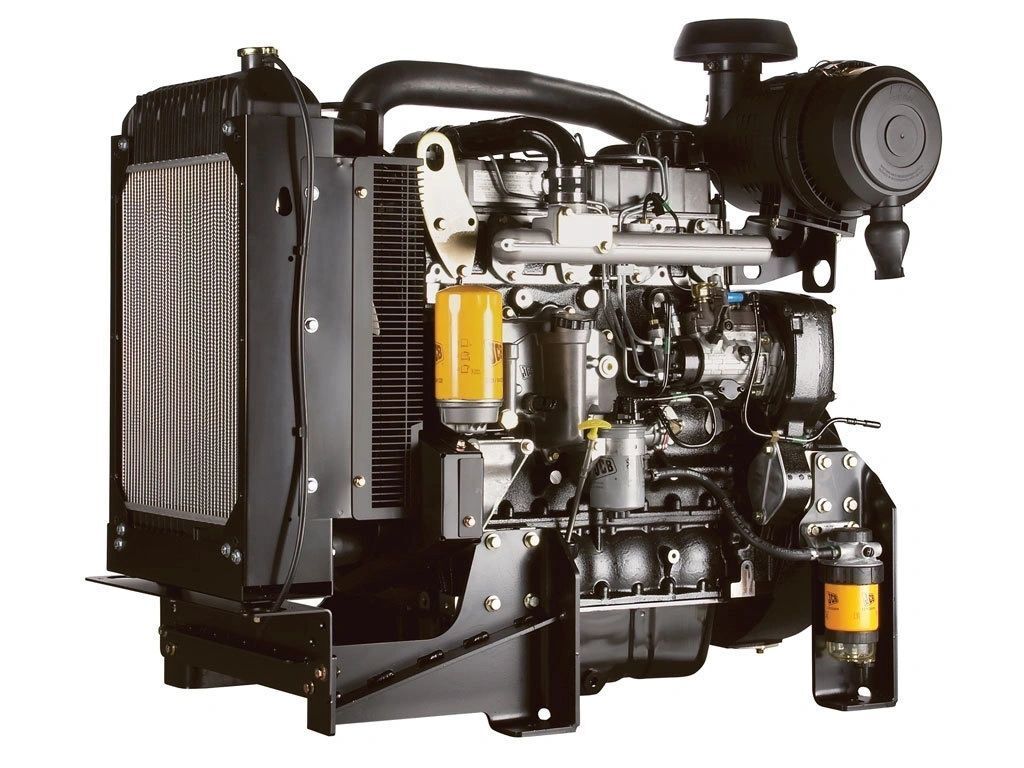Diesel Generators for Africa Industrialization
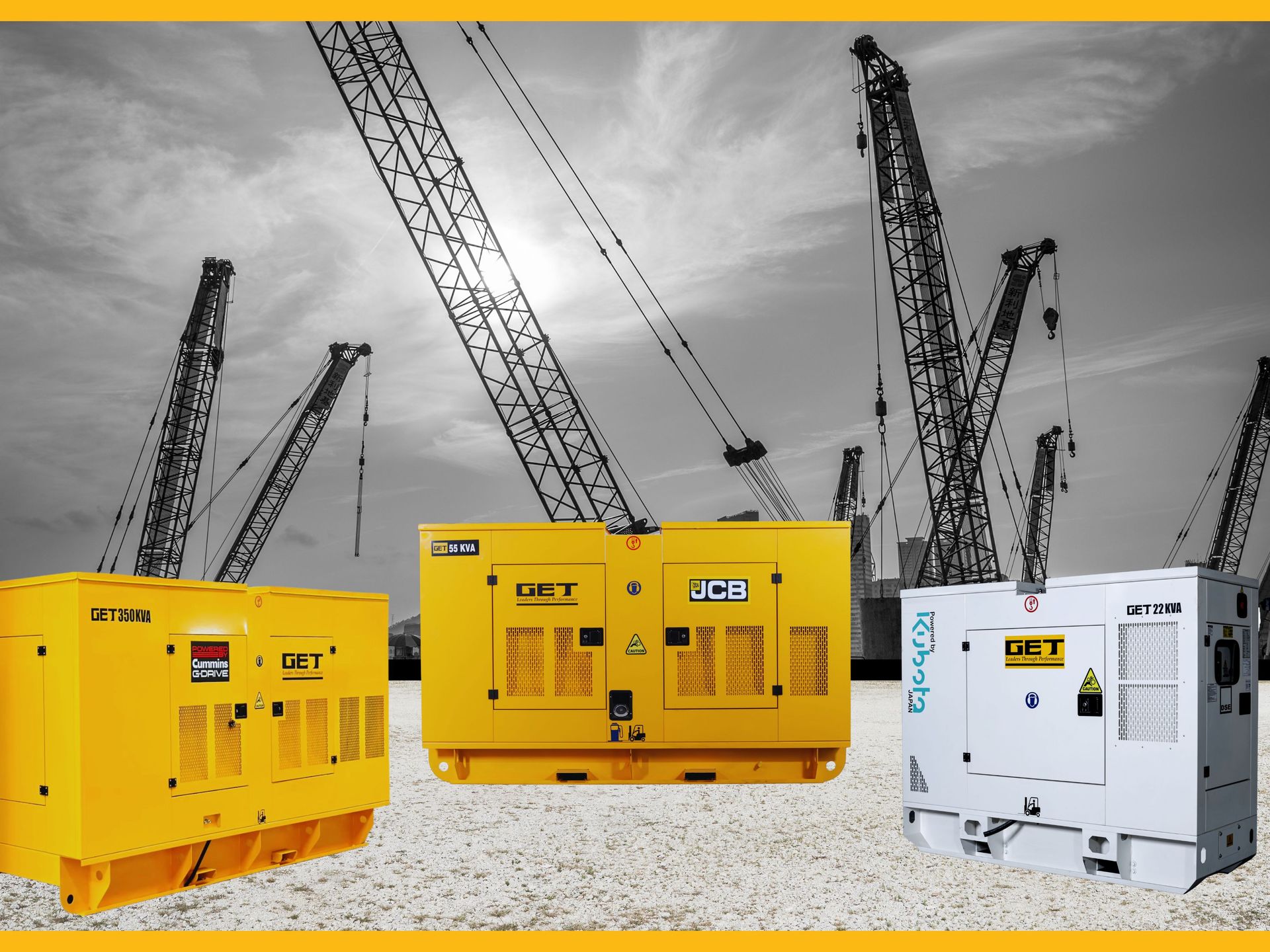
Africa's industrialization journey is pivotal for its economic development, addressing critical issues such as energy deficits, job creation, and poverty reduction. Central to this journey is the reliable supply of power, where diesel generators play an instrumental role. This blog delves into the significance of diesel generators in Africa's industrialization, supported by detailed data, technical specifications, and statistical analysis.
The Power Deficit Challenge
Africa faces significant challenges in its power sector. According to the International Energy Agency (IEA), over 600 million people in Sub-Saharan Africa lacked access to electricity in 2020. Industrial activities are severely hampered by unreliable power supplies, with frequent blackouts disrupting operations and productivity. The African Development Bank (AfDB) reports that power outages cost African countries 2-4% of their GDP annually.
The Role of Diesel Generators
Diesel generators are vital in bridging the power gap, especially in regions where the grid is underdeveloped or unreliable. These generators offer a dependable and immediate source of electricity, ensuring continuous operations for industries. The Global Diesel Generator Market report highlights that Africa's demand for diesel generators is projected to grow at a compound annual growth rate (CAGR) of 5.3% from 2021 to 2027.
Technical Specifications and Performance
Modern diesel generators are engineered for efficiency and durability. Key specifications include:
- Power Output: Ranging from 5 kVA to 3000 kVA, catering to different industrial needs.
- Fuel Efficiency: Advanced models offer improved fuel consumption rates, averaging around 0.25 to 0.30 liters per kWh.
- Emissions: Compliance with Tier 4 and Euro Stage V standards to minimize environmental impact.
- Operational Hours: Capable of running continuously for up to 24 hours, with regular maintenance.
Economic Impact
The deployment of diesel generators has a multifaceted economic impact:
- Continuity of Operations: Ensures that industries can maintain production schedules, reducing downtime costs.
- Employment: Creates jobs in the manufacturing, installation, and maintenance of generators.
- Investment Attraction: Reliable power supplies attract foreign direct investment (FDI), fostering industrial growth.
A study by McKinsey & Company indicates that improving power reliability could boost Africa's GDP by $5-10 billion annually.
Case Studies
Nigeria: Powering Industry
Nigeria, Africa's largest economy, struggles with an unreliable power grid. According to the Nigerian Electricity Regulatory Commission (NERC), the country's power generation capacity is about 7,000 MW, but only about 4,000 MW is typically available. To mitigate this, industries heavily rely on diesel generators. The Manufacturers Association of Nigeria (MAN) estimates that its members spend approximately $14 billion annually on diesel to power their operations.
South Africa: Bridging the Gap
South Africa's power crisis, characterized by rolling blackouts, has seen a surge in diesel generator usage. Eskom, the national utility, has struggled to meet demand, leading to industrial slowdowns. Diesel generators have become crucial for sectors like mining and manufacturing. The Chamber of Mines of South Africa reports that power outages cost the mining industry R4 billion ($280 million) in 2019.
Technical Data and Analysis
Efficiency and Reliability
Diesel generators are favored for their efficiency and reliability. A typical industrial diesel generator can achieve:
- Load Factor: Operates optimally at 70-80% load, maximizing fuel efficiency.
- MTBF (Mean Time Between Failures): High-quality generators have MTBF of up to 15,000 hours, ensuring minimal downtime.
- Fuel Storage: Equipped with fuel tanks capable of holding sufficient diesel for extended operations, typically ranging from 500 liters to several thousand liters.
Environmental Considerations
While diesel generators are essential, their environmental impact cannot be overlooked. Innovations in cleaner diesel technologies have led to significant reductions in harmful emissions. Generators now incorporate:
- Selective Catalytic Reduction (SCR): Reduces nitrogen oxide (NOx) emissions.
- Diesel Particulate Filters (DPF): Captures soot and particulate matter.
Charts
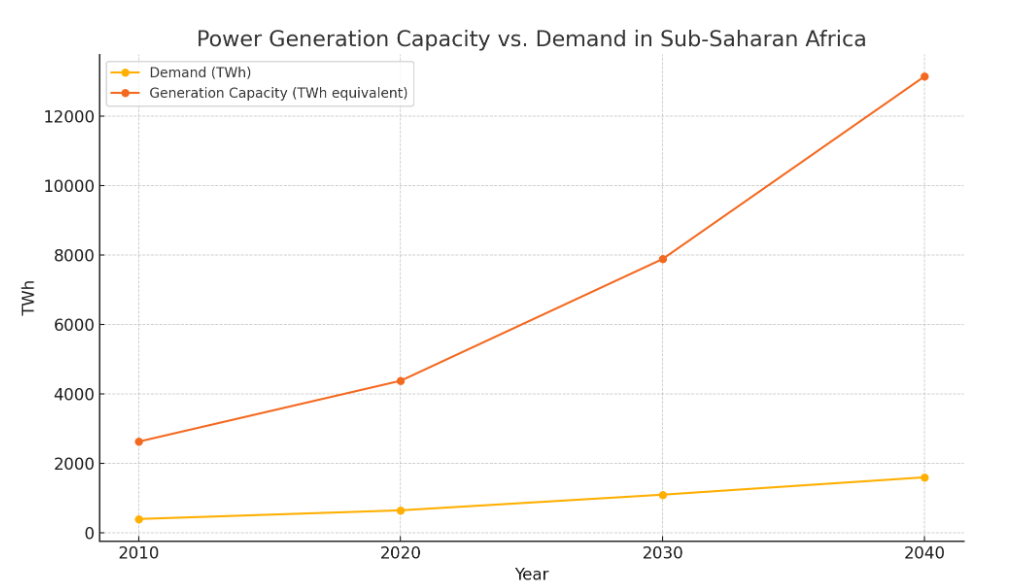
Figure 1: Power generation capacity compared to demand in Sub-Saharan Africa.
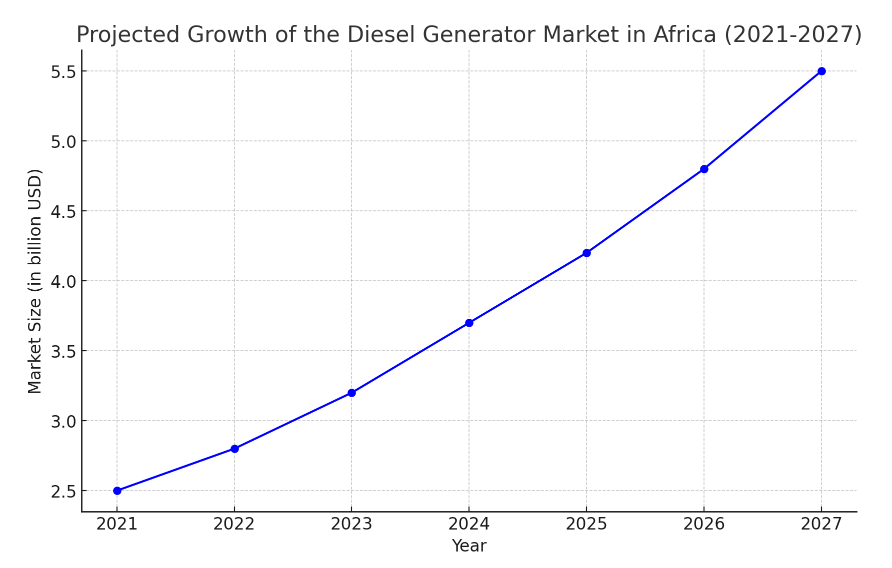
Figure 2: Projected growth of the diesel generator market in Africa (2021-2027)
Conclusion
Diesel generators are indispensable in Africa's industrialization, providing a reliable power source that supports continuous industrial activities. Their role in mitigating power shortages, fostering economic growth, and attracting investments cannot be overstated. While environmental impacts must be managed, advancements in cleaner technologies are paving the way for sustainable industrial growth. As Africa continues to develop, diesel generators will remain a cornerstone of its energy strategy, driving the continent towards a more industrialized and prosperous future.
Click to Share
